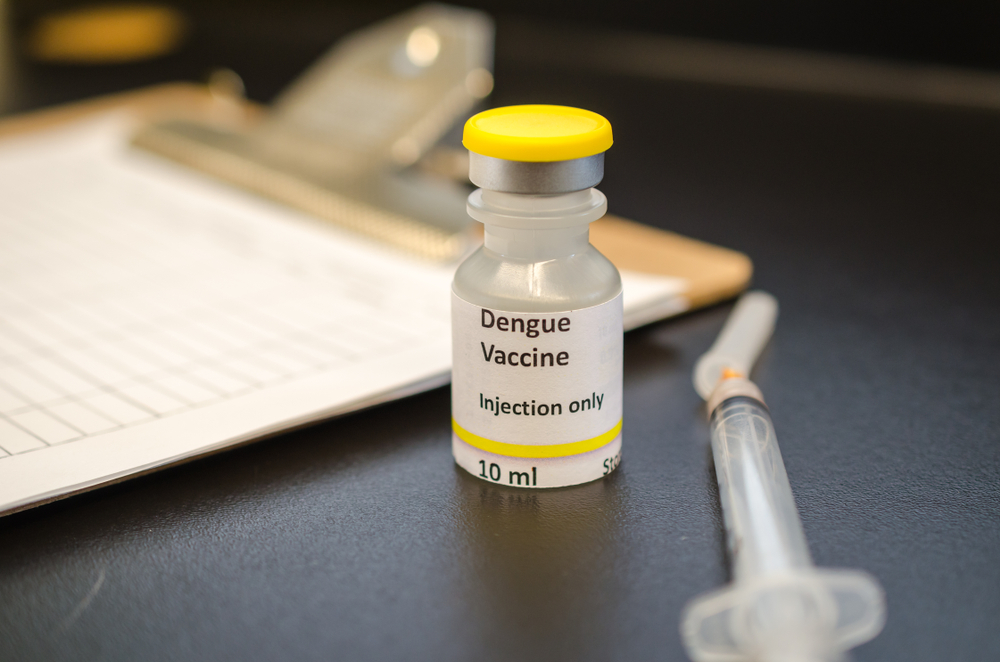
The most common mosquito-borne viral disease — Dengue — will now be preventable in endemic regions, thanks to the approval of the first dengue vaccine by the U.S. Food and Drug Administration (FDA).
Dengvaxia, as it is called, blocks all dengue virus serotypes in ages 9 through 16, providing a significant boost for prevention efforts in the U.S. territories of American Samoa, Guam, Puerto Rico, and the U.S. Virgin Islands, where the disease is endemic.
“Dengue is endemic and prone to outbreaks in several U.S. territories, including Puerto Rico, the U.S. Virgin Islands, and American Samoa. Despite this public health threat, there is no treatment and there has been no previously approved vaccine available in these areas,” Dr. David Greenberg, Regional Medical Head North America for Sanofi Pasteur — the drug’s producer — said. “Today’s FDA approval of Dengvaxia allows us to bring a critical medical prevention tool to at-risk populations, helping combat and prevent dengue among children living in U.S. dengue endemic areas.”
To date, the Centers for Disease Control and Prevention (CDC) estimate that one-third of the world’s population lives in areas at risk for dengue infection. While first brushes with the disease tend to be mild or go unnoticed, subsequent infections can be fatal, and no drugs are on the market to care for those infected. Around 20,000 people die of the disease’s effects each year.
“Infection by one type of dengue virus usually provides immunity against that specific serotype, but a subsequent infection by any of the other three serotypes of the virus increases the risk of developing severe dengue disease, which may lead to hospitalization or even death,” Dr. Peter Marks, director of the FDA’s Center for Biologics Evaluation and Research, said. “As the second infection with dengue is often much more severe than the first, the FDA’s approval of this vaccine will help protect people previously infected with dengue virus from subsequent development of dengue disease.”
Dengvaxia will be administered in three separate injections to those that have already undergone their first infection with the disease. A first shot will be followed by second and third rounds at six and 12 months after. In testing, it was shown to be 76 percent effective in preventing lab-confirmed dengue disease in the given age range.




